
views
Chengannur/Thiruvananthapuram: Ammini’s house near the famous Chakkulathukavu temple in Neerattupuram is inundated every year. Much like previous years, this year too, she made the journey to her daughter’s home in Chengannur, a usual safe zone for the 85-year-old.
This time, however, the gods had a different plan for her, she says. Her daughter’s rented home in Chengannur was flooded as non-stop rains lashed the state and the rivers went into a spate. Ammini’s eyes well up as she narrates how she was rescued and brought to the relief camp in Chengannur. She says she gets food and water at the camp, but medicines for her heart condition and diabetes are unavailable. “We’ve lost everything,” she says.
Her daughter, who is also in the relief camp with her two young kids, says the thought of going back home scares her. “My husband is in the Gulf and he didn’t have a job for about six months. We were certain that our rented house in Chengannur will not be flooded. Look at us now. I’m scared of going back to the house. How are we going to survive?” she says.
There are many like Ammini and her daughter across the state who can’t stand the thought of going back home. This has got many worried, including the administration.
Dr Cini Biju, a doctor at the Family Health Centre in Kadakampally, says that the government is creating its own army of psychologists, counsellors, psychiatrists to battle the state’s mental health crisis. At the relief camp she works with in Thiruvananthapuram, she says there are a few people who have shown suicidal tendencies.
“All these people are now going to go back home to nothing. A big zero. They need to be told that they are not alone in this struggle,” the doctor says, adding that while the state government’s project is yet to fully start across the state, it definitely has started taking shape.
At the relief camp that she works with, she says, there are many people of North India too. “They keep saying “humne kisi ka kya bigaada hai jo humare saath hua yeh (What have we done to other people that such a tragedy has struck us). Now imagine, these are people whose houses and investments are still intact and they still feel so hopeless. What about those who’ve lost everything?” Dr Biju says.
In places like Edanad, in the interiors of Alappuzha district, there have been reports of a dearth in relief and aid, by virtue of its demography. People who come from that area, for example, must be in far worse conditions, Dr Cini adds. “There needs to be counselling in an organised way. It is definitely an imperative aspect of getting their lives back on track,” she further says.
Students of psychology too are contributing to this exercise. Rity Thomas, a 1st year MSc student in Mangalore, has taken a week off from college along with three of her other friends to come back to her home town to help people. “The volunteers are busy with distributing relief material and providing aid. They can’t step in for psychological help too. We wanted to help. There are chances of such tragedies leading to disorders. One can’t see the symptoms for a few weeks, there has to be continuous monitoring,” she says.
Post Traumatic Stress Disorder (PTSD) is something that needs to be looked at carefully. “One can think this is nothing or maybe very common, but the fact is that the symptoms don’t show up for as long as a month after the incident,” she says.
“The people need to be told that there is life ahead. They need to be reassured that lives can be rebuilt and that they are not alone. It’s not an easy task but it has to be done,” she says.
Dr Bijumon, an assistant professor at the Thiruvananthapuram Ayurveda College, who is now stationed at a relief camp in Chengannur tells News18 that there were skin abrasions and minor injuries that they received while getting into the boats. Psychological stress, however, is a big problem.
“No matter what the injury, they will come to us for medicines and start crying within 5 minutes. “Elam pooyi illiye” (We’ve lost everything) is what they keep saying. I think there is something that has started officially. Many people have vacated the camps too, so it needs to be ensured that they are counselled too. Children need it the most. This action needs to be done at the panchayat level and nobody should be left out. This process of counselling needs to continue at least for the next 5-6 months,” he says.
Initially, they were all smiling during the check-up, he added. “They joke around with people. Then suddenly they start crying. They narrate how they built their houses. It always ends in tears and understandably, there is a continuous thought of loss looming on their minds,” he says.
“Many of them went to see their houses for the first time on Tuesday. It was mostly the men who went to see and when they came back to the relief camp they were completely down and out. It’s heart-breaking to see them like this and there definitely is need to help them emotionally in a professional way,” he adds.










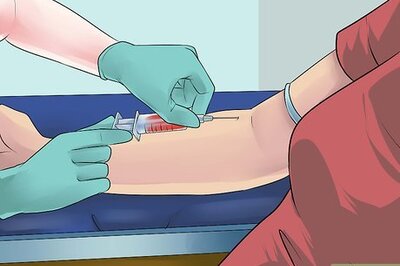
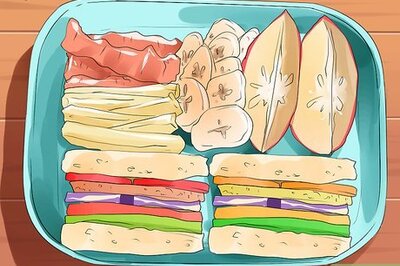





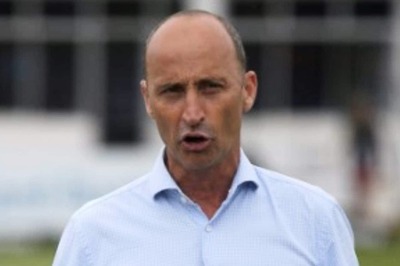
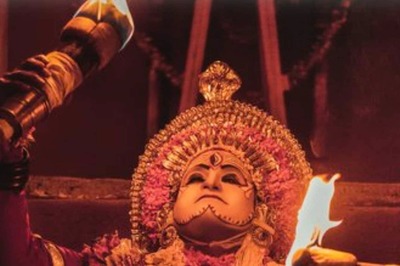
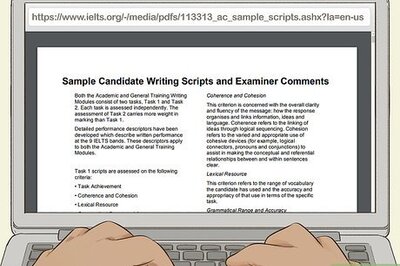
Comments
0 comment